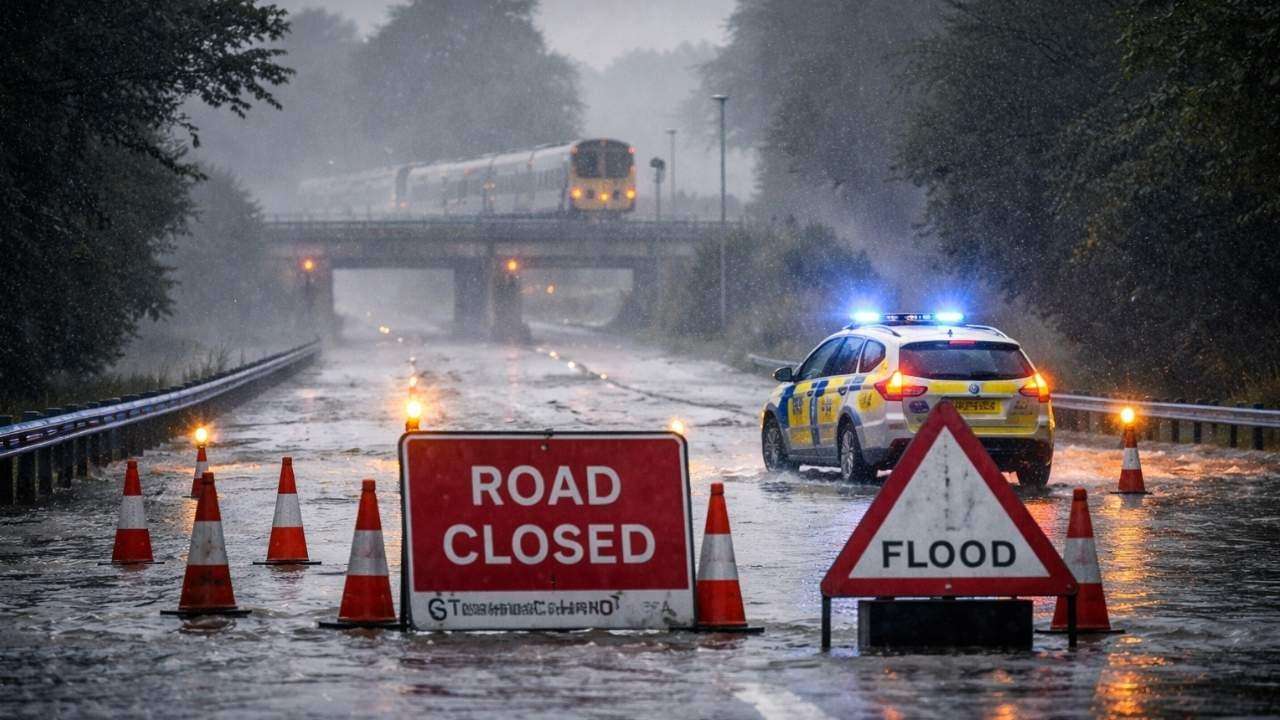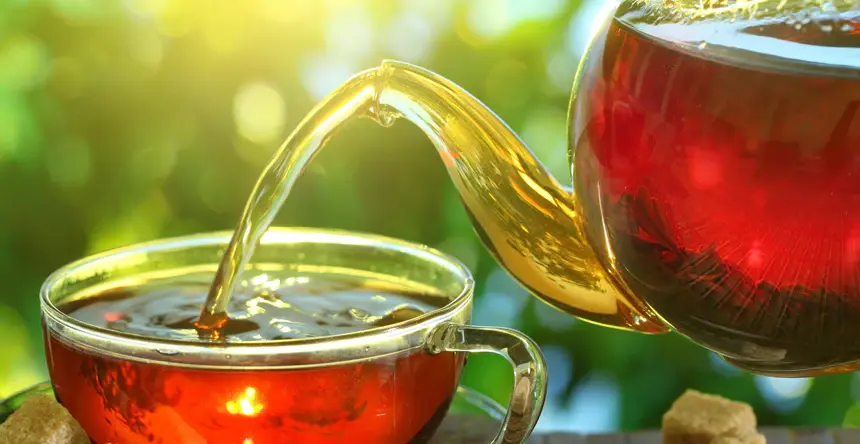For centuries, tea has been synonymous with British culture. The classic image of a steaming cup of tea paired with biscuits or scones is deeply ingrained in the nation’s identity. However, recent trends suggest that Britain’s love affair with tea might be cooling off. With shifting preferences, the rise of coffee culture, and new beverage trends, is tea losing its place as the nation's favorite drink?
Tea Consumption in Decline
Statistics show a steady decline in tea consumption across the UK. A report by the UK Tea and Infusions Association highlights that tea drinking has dropped by about 30% over the past two decades. Younger generations, in particular, are turning to alternatives like coffee, herbal teas, and energy drinks.
Why the Decline?
- The Coffee Boom: Coffee culture has exploded in Britain, with cafés like Starbucks, Costa, and independent coffee shops catering to diverse preferences.
- Health Trends: Herbal teas, green teas, and smoothies are gaining popularity as healthier options.
- Changing Lifestyles: The tradition of sitting down for tea has been replaced by grab-and-go beverages suited to busy schedules.
Tea's Enduring Legacy
Despite the decline, tea is far from disappearing. It remains a comforting staple for many Britons, particularly among older generations. Traditional black tea, with or without milk, still accounts for the majority of tea sales. Iconic moments like afternoon tea at luxury hotels or tea breaks during work continue to keep the tradition alive.
Can Tea Make a Comeback?
The tea industry is adapting to modern tastes by introducing innovative products and marketing strategies.
- Specialty Teas: Brands are promoting premium teas, such as oolong and matcha, to attract younger audiences.
- Sustainability Focus: Ethical sourcing and eco-friendly packaging resonate with environmentally conscious consumers.
- Convenience Products: Ready-to-drink iced teas and tea-infused snacks appeal to busy lifestyles.
Tea vs. Coffee: The Battle for Britain’s Beverage
While coffee is gaining ground, tea still holds a special place in British hearts. Surveys reveal that 84% of Britons still drink tea regularly, even if the frequency has decreased. The cultural significance of tea rituals and its association with relaxation may ensure it remains a beloved tradition.
Conclusion
Although Britain’s tea consumption is declining, the nation hasn’t completely fallen out of love with tea. The beverage is evolving to meet modern preferences, blending tradition with innovation. Whether through a classic cup of English breakfast tea or a trendy matcha latte, tea continues to hold its own in a rapidly changing world.








.svg)

